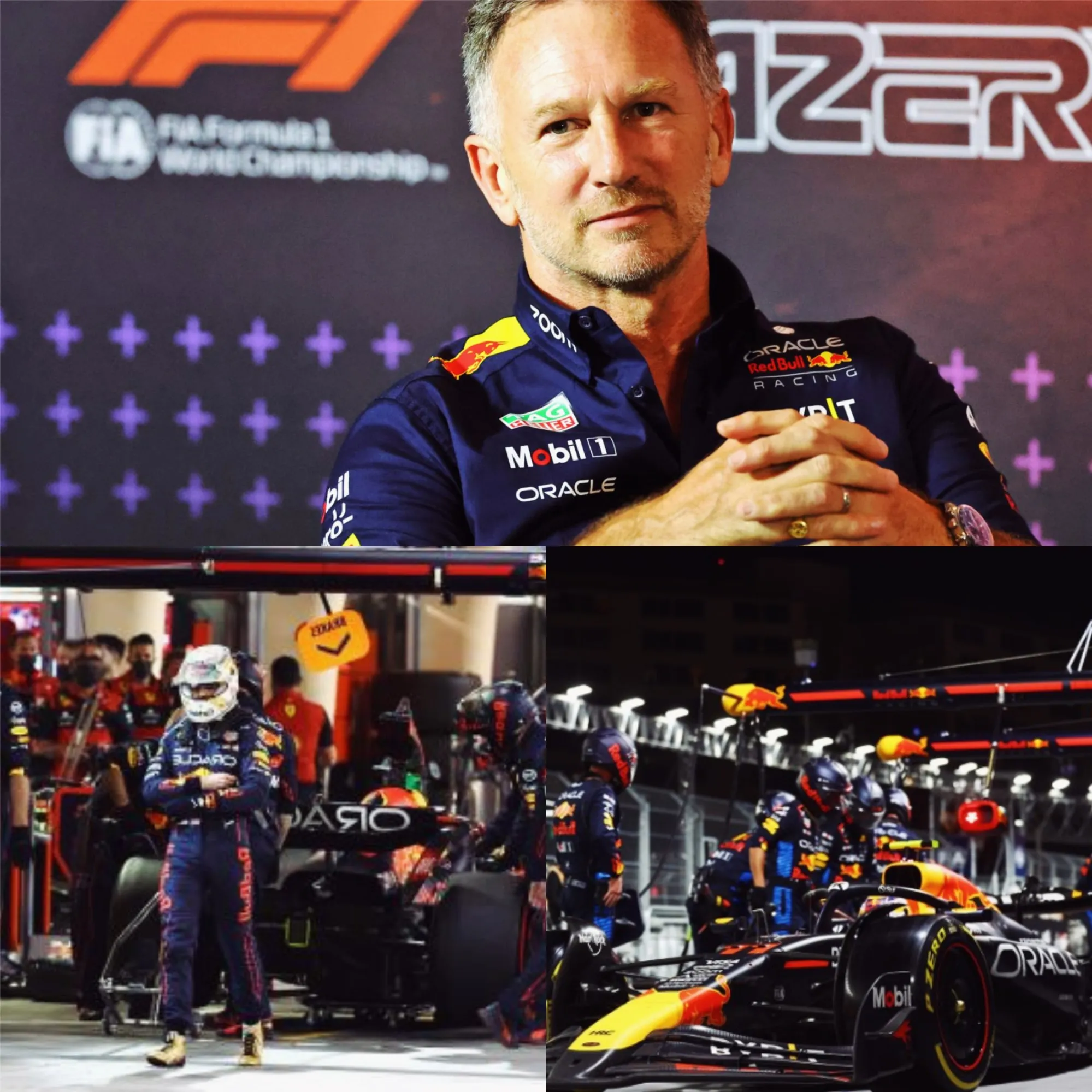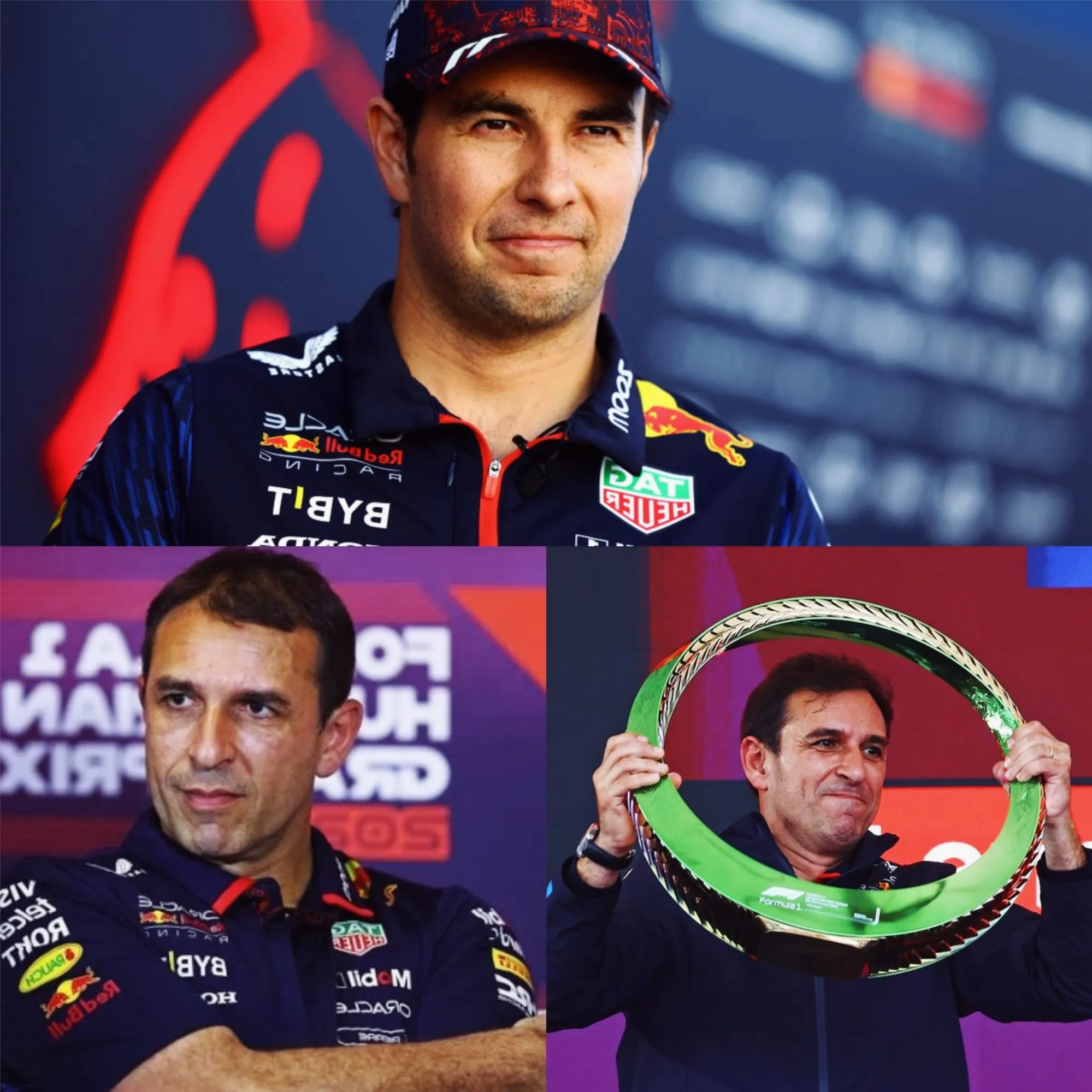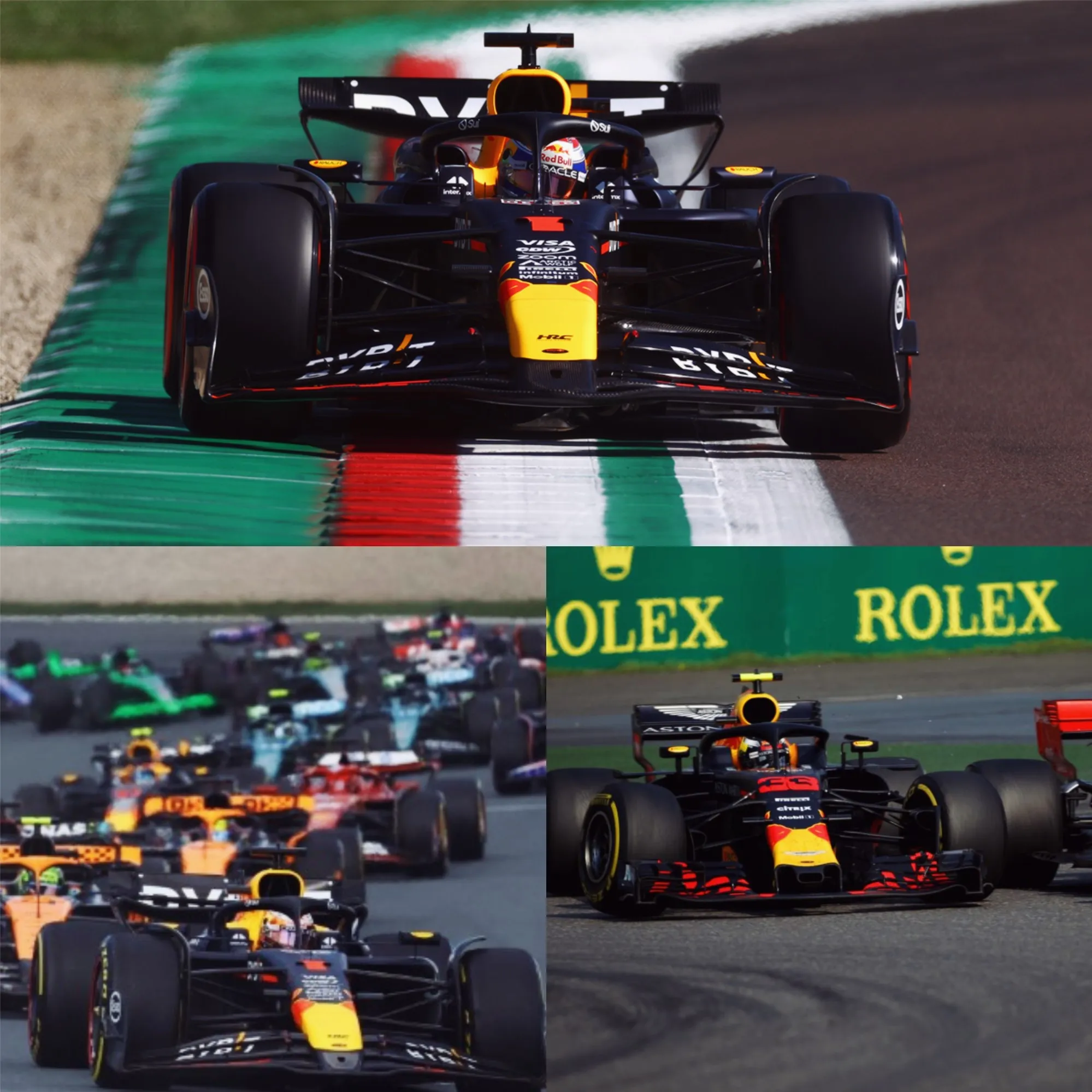Why Red Bull Is Worried About the 2025 F1 Car Despite Verstappen’s Success
Red Bull’s Cautious Optimism for 2025 F1 Season: Lessons from 2024 Despite Max Verstappen’s dominant performance in 2024, securing his fourth Formula 1 World Championship with Red Bull, the team is expressing caution for the 2025 season. Red Bull Technical Director Pierre Wache admits that, while the team is happy with its progress this year, […]

Red Bull’s Cautious Optimism for 2025 F1 Season: Lessons from 2024
Despite Max Verstappen’s dominant performance in 2024, securing his fourth Formula 1 World Championship with Red Bull, the team is expressing caution for the 2025 season. Red Bull Technical Director Pierre Wache admits that, while the team is happy with its progress this year, there are still concerns about its chances next season. This sense of “lack of confidence” has fueled a relentless work ethic within the team, as they know there’s still more to achieve.
The 2024 season presented some challenges for Red Bull, especially after McLaren’s unexpected resurgence, with Lando Norris challenging Verstappen for race wins in the second half of the year. Wache acknowledges that Red Bull’s early dominance was bolstered by a strong start to the season, but the team is not letting their success breed complacency. The team remains focused on improving their car for the coming season, particularly in areas where they feel vulnerable, such as low-speed corners and straight-line speed.

Wache’s skepticism about the team’s performance for 2025 is not born from a lack of achievement but rather from the awareness that the competition will only get stronger. He reflects on how Red Bull had initially anticipated a closer battle in 2023 and 2024, only to see their rivals struggle at times, notably McLaren’s delayed performance improvements. However, the reality of the F1 grid is that McLaren and other teams are continuously improving, and Red Bull must do the same to maintain their lead.
One key area where Red Bull faces criticism is its approach to the rear wing design, which has left them exposed on certain tracks like Monza and Las Vegas, where high downforce setups were needed for greater cornering speeds. Wache admitted that this was a “mistake” and emphasized that the team must reassess its rear wing philosophy to improve performance at various tracks.

Despite these challenges, Wache sees the struggles as opportunities for improvement. The breakthrough moment came during the Italian Grand Prix in Monza, where the team’s struggles with low-downforce highlighted key issues with the RB20, and it was here that Red Bull began to make key adjustments. The team’s resilience and ability to find solutions to these problems have given them confidence that they can come back stronger in 2025.
With Verstappen’s undeniable talent and the team’s continuous efforts to evolve, the real question for Red Bull in 2025 will be whether they can build a car that performs well across a variety of tracks. Wache’s ambition is clear: a car that excels in low-speed corners and has a strong straight-line speed to ensure they remain the team to beat in the future. The journey to the 2025 season will be marked by Red Bull’s commitment to evolve, improve, and meet the challenge head-on, no matter the competition.






























